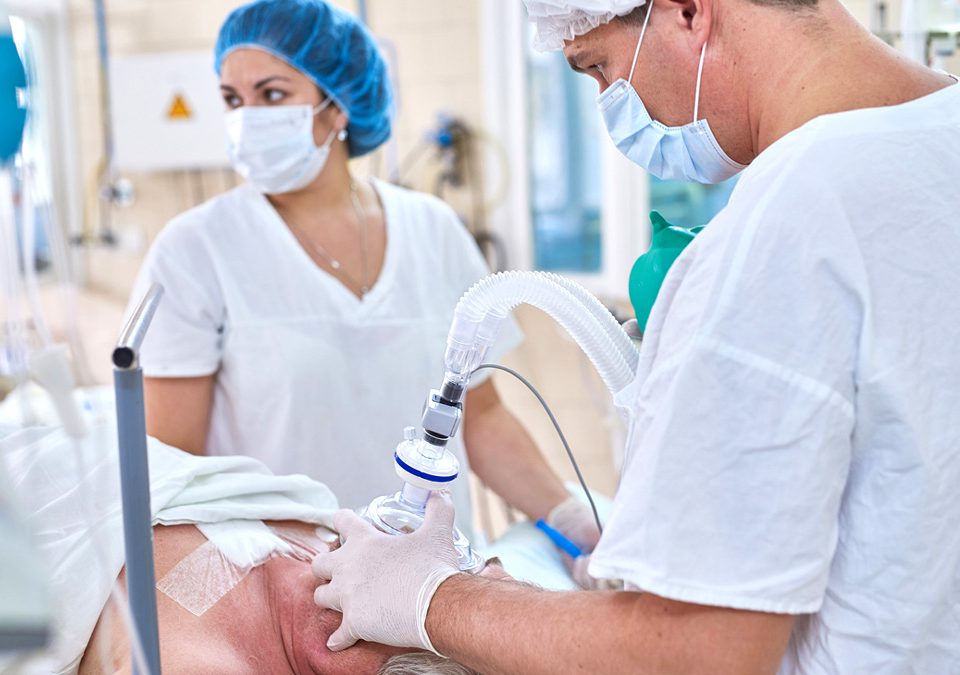
Looking to scrape together a Strong Medical School Recommendation? Here are 4 People you need to call on!
When evaluating applicants, medical schools set quite a score by qualities that set a candidate apart from the influx of contenders. While it can be rather awkward to go on about your own strengths and strong suits without sounding conceited and full of yourself, individuals who have taught or supervised you in some capacity are often the best choice when it comes to penning down letters of recommendations, elucidating on your aptitudes and capabilities.
Recommendation letters play an important part in the admission process since they allow your admission committee to glean a firsthand account of your weaknesses and strengths from an unprejudiced third party, especially if that individual is considered a credible authority in a certain discipline. Most medical schools like Windsor University necessitate an applicant to provide two letters of recommendation from individuals who are able to comment on the applicant’s unique characteristics, such as the compassion they exude towards others, their integrity, professionalism, passion for medicine, work ethics, and intellect, in addition to providing an assessment of personal attributes, activities, achievements and evidence of the applicant’s understanding of social responsibility.
If you are in the throes of soliciting individuals to recommend you before you apply to a Caribbean medical school, here are four people you should be contacting soon:
A Science or a Non-Science Professor
A lot of credible medical schools accept letters of recommendations from science and non-science professors alike. You should look up professors you have maintained personal interactions with or whose classes you have aced. For instance, you can increase your chances of getting a good recommendation from a professor whose class was small enough for them to remember you or with whom you had interacted frequently during office hours.
Medical schools focus on rigorous learning, and a lot of them have switched to curriculums that center on self-directed learning, group learning, and problem-based learning approaches. If you get a science professor to write a letter of recommendation for you, make sure that they make a special mention of the aptitude that you have demonstrated in these areas.
A recommendation by a non-science professor also comes in handy since they can highlight your achievements and performances in other academic disciplines and recreational activities. For instance, a non-science professor can validate that you possess a thorough comprehension of non-science disciplines or that you are intellectually well-rounded. After all, an understanding of humanities will better enable you to connect with your patients on a human level and show empathy.
A Physician
If you have ever volunteered to work for a physician as their assistant or through a shadowing experience, this individual may be suitable to provide you with a letter of recommendation. However, unless the physician knows you well enough, they won’t have anything solid to vouch for. If you have only shadowed for a medical doctor on a few occasions, it’s prudent not to ask them for a letter, since they are highly prone to providing a generic one. Instead, opt for a physician you have maintained a professional relationship with over several months. Even better, if you are seeking admission in a medical school that focuses on a specialty, such as osteopathy, why not ask an osteopathic physician to recommend you?
Regardless, a letter of recommendation from a physician should address your passion and devotion for the medical profession, and their recommendation should highlight the compassion you have exuded in your interactions with patients, as well as your comprehension of the medical profession. Your professionalism is another topic that the physician should elaborate on. Were you reliable and punctual? How professional were your interactions with your health care team members? Medical schools prefer to take on future physicians who show a potential for maintaining professionalism under all circumstances.
A Research Mentor
When it comes to getting a great letter of recommendation, who can better comment on your ability to learn independently and think critically, your problem-solving skills, and intellect than your research mentor? These valuable traits are highly sought-after in a medical school candidate, since they are indispensable to navigating the rigors of problem-based learning being emphasized in medical schools. These traits are all the more appreciated since the medical landscape is an ever expanding realm, with new information being added every day. As a future physician, you will be required to keep abreast of all developments, and apply them for the betterment of your patients.
A Supervisor Who Has Witnessed Your Leadership Skills
Medical schools show a certain predisposition for candidates who demonstrate strong leadership skills, since physicians working in health care teams are regularly required to lead teams of health care providers, delegate tasks efficiently, and make the right executive decisions. Your leadership skills further attest to the fact that you have what it takes to advance the medical profession and become a future leader in your field.
Your supervisor could write up a great letter of recommendation for you if you have ever served in a leadership capacity on a community project, a national organization, or a campus club. He or she could highlight your capacity to adapt to different personalities, your ability to take initiatives, and your leadership style.



